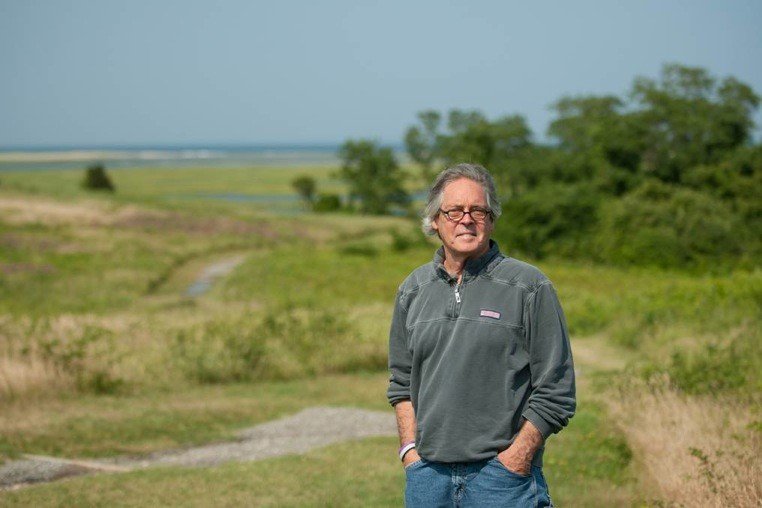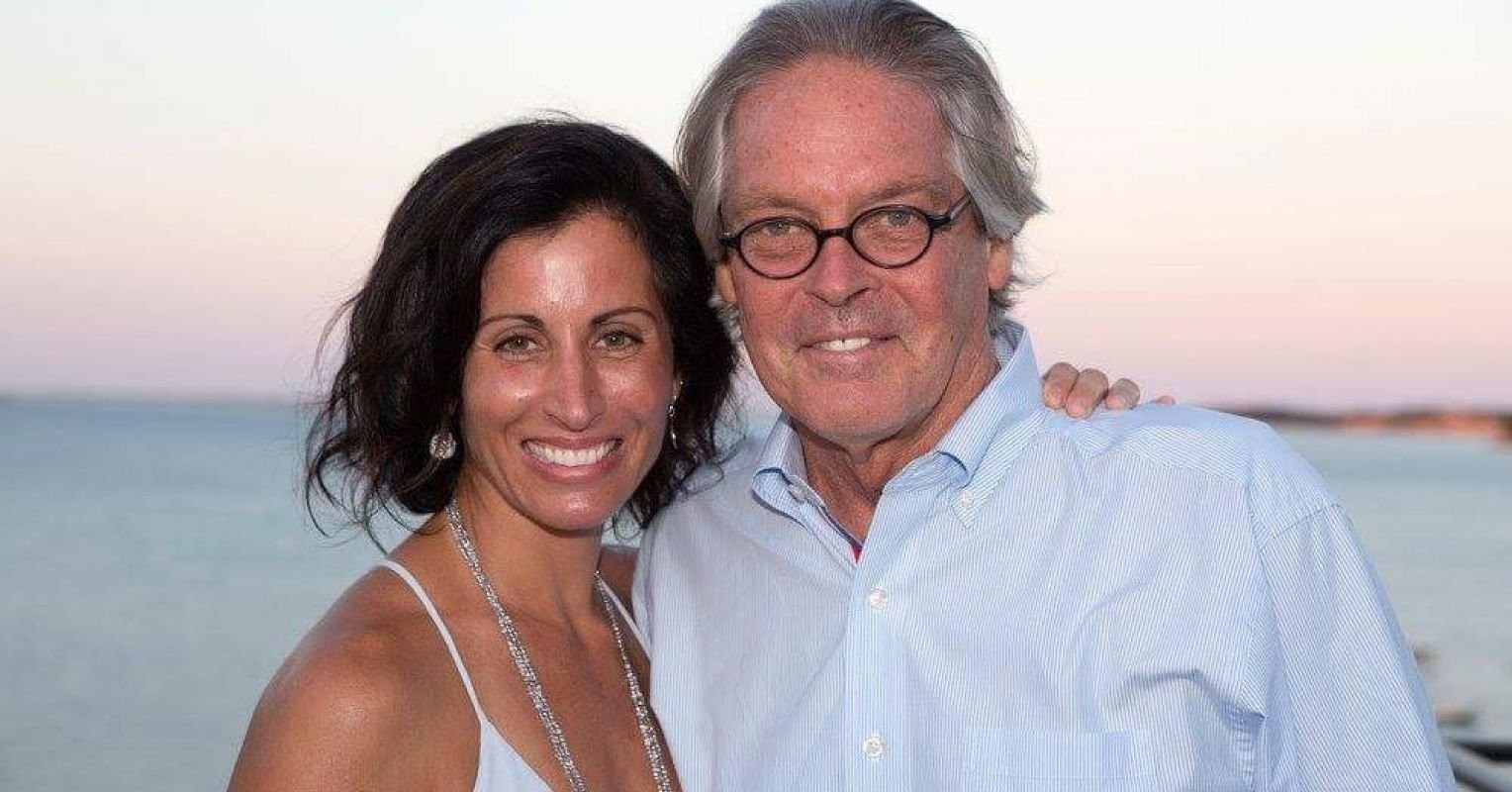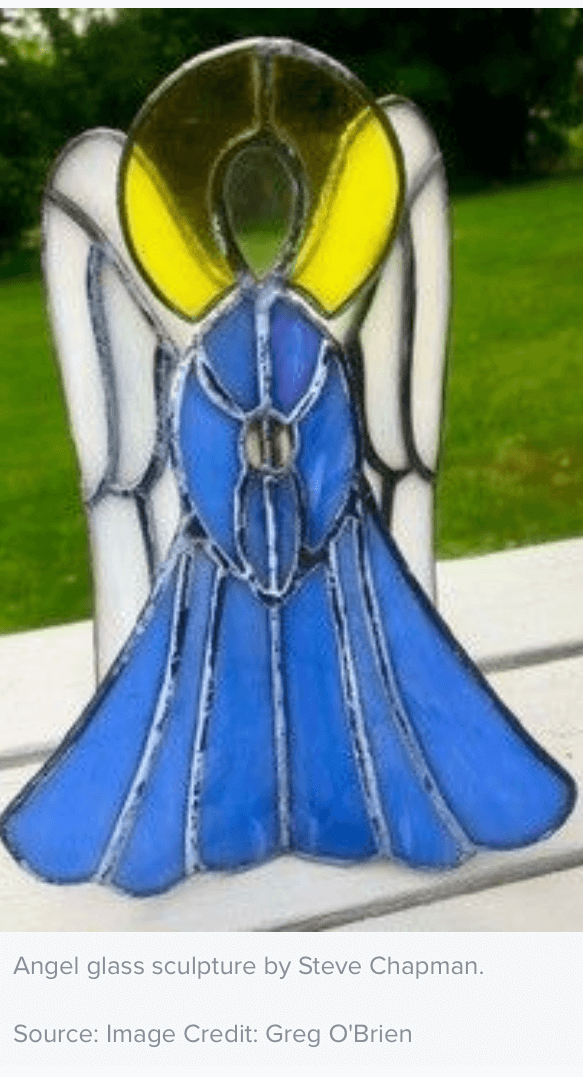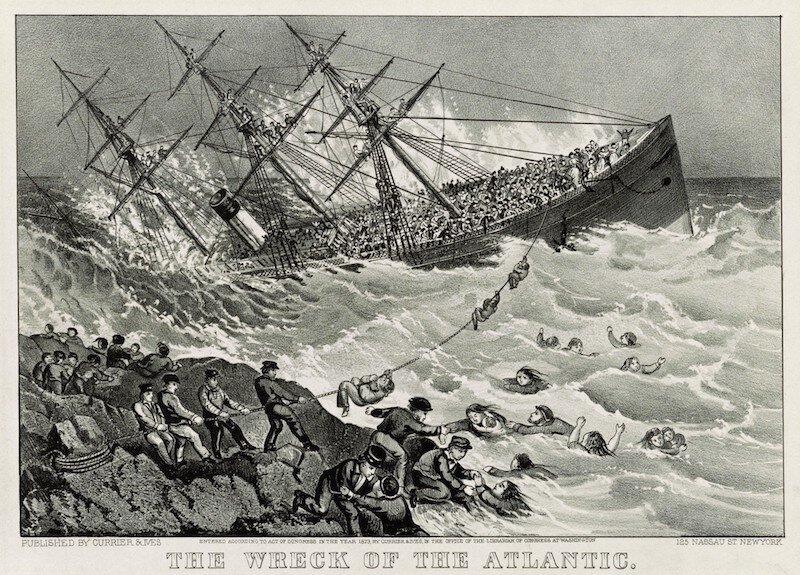On Pluto Blog

An Anecdote for Alzheimer’s and Depression
It’s often easy to feel sorry for oneself—the pity thing.
Let’s face it; there’s a bit of Eeyore in all of us—the forever gloomy old, gray donkey in A.A. Milne’s Winnie the Pooh and the Honey Tree: “I was so upset, I forgot to be happy…”
But I’ve learned, the hard way that a pity party is a lonely party of one. No candles to blow out.

“Down Wind of Morality”
The epic film “Oppenheimer,” celebrated winner of seven Oscars at the 96th Academy Awards, including Best Picture, Best Director Chris Nolan, Best Leading Actor Cillian Murphy, and Best Supporting Actor Robert Downey Jr., took viewers to the chilling brink of the nuclear age—a threshold in years to come of treacherous government lies and deceits worldwide that over time cost millions of innocent lies.

Chris Herren: Turning the Tables on Denial
Turning the tables on denial: Chris Herren, a former college and NBA basketball star with the Boston Celtics and Denver Nuggets, was a king of denial in his addiction to alcohol, cocaine and heroin—until he ran out of excuses…

The Fallout of Fear: 'Duck and Cover'
"There is no such thing as paranoia. Your worst fears can come true at any moment."
— the late journalist and author Hunter S. Thompson
With nuclear war saber-rattling today from Russia, China, Iran, North Korea, and third-world countries seeking to develop the means to hurl nuclear missiles toward the United States at a moment’s notice, the fallout of fear envelops many of us.

The Battle Against Mind & Soul
As world experts race for a cure, harnessing some of the brightest minds on the planet, those on this precarious journey—an estimated 55 million worldwide, projected to reach 78 million in six years, then add in the caregivers—must have heart. For the mind and the heart, the place of the soul, are both vital for victory over a demon of a disease that has run its serpentine course since ancient times, demoralizing generations upon generations.

An Unthinkable Loss
Several weeks ago, I became a member of an exclusive club that I never wanted to join: a parent who has lost a child.
No parent should ever have to bury their child, and no parent should ever have to rush to an emergency room, as I did recently at Cape Cod Hospital, to see a sheet pulled over their child’s head.
And yet so many have.…

Facing Mortality With Dignity and Grace
My close friend Paul Berry embraced both living well and dying well in his courageous battle with life-ending Bulbar Onset ALS. Paul passed away in peace recently, 15 months after diagnosis.
I wrote about him four months ago on this blog, reflecting on his state of mind in persevering against all odds in this fast track variant of ALS. A skilled psychotherapist on Cape Cod, Paul spent his work life helping others find peace, and in the end he found peace himself from within.

Separating Forgetfulness and Disease
“While memory is king, it is also a bit of a dunce,” says close friend Lisa Genova, Harvard-educated neuroscientist, author of yet another New York Times Bestseller, Remember: The Science of Remembering and The Art of Forgetting, published through Penguin Random House.
“Often,” she adds, “you can’t remember what you had for lunch on Tuesday, but in the long term you can remember the details of a family vacation… Memory is selective.”
Hold that thought…

State of Mind: A Will to Persevere
In July 2021, he was diagnosed with bulbar onset ALS, a fast-track, complicated variant of this horrific disease that reaches far deeper than the somber symbolism of an ice bucket challenge.
ALS, also referred to as “Lou Gehrig Disease,” can strike in two ways—limb onset and bulbar onset. Limb onset initially affects limbs (arms and legs) and accounts for the majority of all ALS cases. With bulbar onset, symptoms first befall from the neck up, a far faster demise than limb onset.

An Open Letter to Doctors
(Note: This post is an open letter to the medical community from UsAgainstAlzheimer’s board member Greg O’Brien, who suffers from and lives daily with Alzheimer’s, about how doctors can better communicate: a diagnosis of Alzheimer’s and other dementias; care in the early stages of the disease; and the critical importance of a candid dialogue about brain health. Under federal law, doctors now are supposed to do a cognitive assessment each year for Medicare patients as part of the annual wellness visit. Many don’t.)

The Nun Story and the Cleaning Lady: A Study of Rage and Patience in Alzheimer’s
I was to speak again in Wellesley, outside of Boston, before a Sisters of Charity event that attracted a broad audience. I had spoken there before and, having been taught by the nuns in grammar school, wanted to be on time and in good order. I’ve always loved nuns; they were ruler strict in the old days, but pretty cool and caring. My late great aunt, Sister Louise, was head of the Sisters of Charity of New Jersey. So I had a front row seat for all of this. Little did I know of the Come-to-Jesus moment facing me…

Putting a Pity Party in Its Place:
The late Hollywood icon Bette Davis was spot on when she intoned, “Old age ain’t no place for sissies.”
Perhaps then, I’m a sissy.
At 71, looking down the barrel of Alzheimer’s, a slow dance progression of mind/body decline, intense loss of self and place, acute spinal stenosis and scoliosis, advancing prostate cancer, macular degeneration, and black hole depression, I find myself at the intersection of two roads diverging in the woods.
Fight or flight.

On Losing a Loved One: Something We All Share
There's something final about death. But is it really the end? Or is death just a beginning?
Over time, in wrestling with the spiritual side, I’ve come to believe that death is the gateway—eternity for those of both good and evil, the yin and the yang of the universe.
It’s taken me a while to get to this view, and I was tested on it recently.

How Music Can Mend Minds
The brain is powerful; the soul even more so.
The combination of the two is the beginning of wisdom.
Music and the creative arts have a way of mending minds—mind-to-soul.
In Alzheimer’s disease and other forms of dementia, music and the creative arts, can often keep people whole as they grip life, tantamount at times to a terrifying ride on the Coney Island Cyclone.
See how...

The Doctor and the Patient
Dr. Barry Conant, an avid Outer Cape Cod fisherman and a passionate family doctor, frequently said that one can fish safely on the Brewster flats on Outer Cape Cod for two hours—an hour before and after low tide—without having to worry. The tide, as it is with aging, creeps in deceptively, he used to say.
The tide crept in on Dr. Conant, after a long, courageous battle with pancreatic cancer. He died January 30 at age 66. His legacy is now a part of Cape Cod Bay’s horizon on a brilliant sunset. As Hemingway would say: the old man and the sea.
Years ago, I wrote this piece about Barry about his resolve under duress to fight on—a lesson for all of us.
Chance Encounter with Reality: Baltimore’s Inner Harbor
I am squirming in my seat. The closest I’ve ever come to prejudice, a moonshot and back from reality, is as working-class Irishman from a large family, growing up in Westchester County, Rye, New York, being looked down upon as an invited guest at toney country clubs. My ignorance overwhelms me now.
The Power of Prayer: 'It’s All About Breathing'
Says Pastor Joe Greemore, “We have a responsibility to care for others even when they have offended us (for a range of reasons) … We are given the directive to love and do no harm…Isn’t it hard to feel the presence of the Lord, when we cannot fully feel the presence of each other?”
Waking Up to COVID-19 is Like Watching “Groundhog Day”
COVID-19 is not an invention of the Deep State, a conspiracy of the left, a mirage of the right, or fake news; it’s a deadly virus with confirmed and startling scientific findings, most devastating in terms of hospitalizations and deaths, and one that needs "Groundhog Day" perspective; a pause button.

Lessons of Coronavirus in the Age of Alzheimer’s
The maudlin wake of Coronavirus worldwide—the millions of infections, the thousands and thousands of deaths, the mounting causalities still to come, the growing millions of millions unemployed—is explosively reshaping our universe today, perhaps in some ways not seen since the Big Bang. The devastation has caused us to rethink life in fundamental ways. Many now ponder: What else have we missed, what have we learned from all this?

Confessions of a Caregiver
I’m sitting today with an old friend, Margaret Rice Moir, who recently lost her husband, Rob, to Alzheimer’s. In the last two years, I’ve lost six close friends—among the many—to Alzheimer’s and other forms of dementia, leaving lots of spouses without mates, children without parents, and grandchildren with fewer loved ones to hold them. Margaret has something penetrating to say to me now…
Get Notified!
Sign up with your email address to receive an email when new posts are added to the blog.